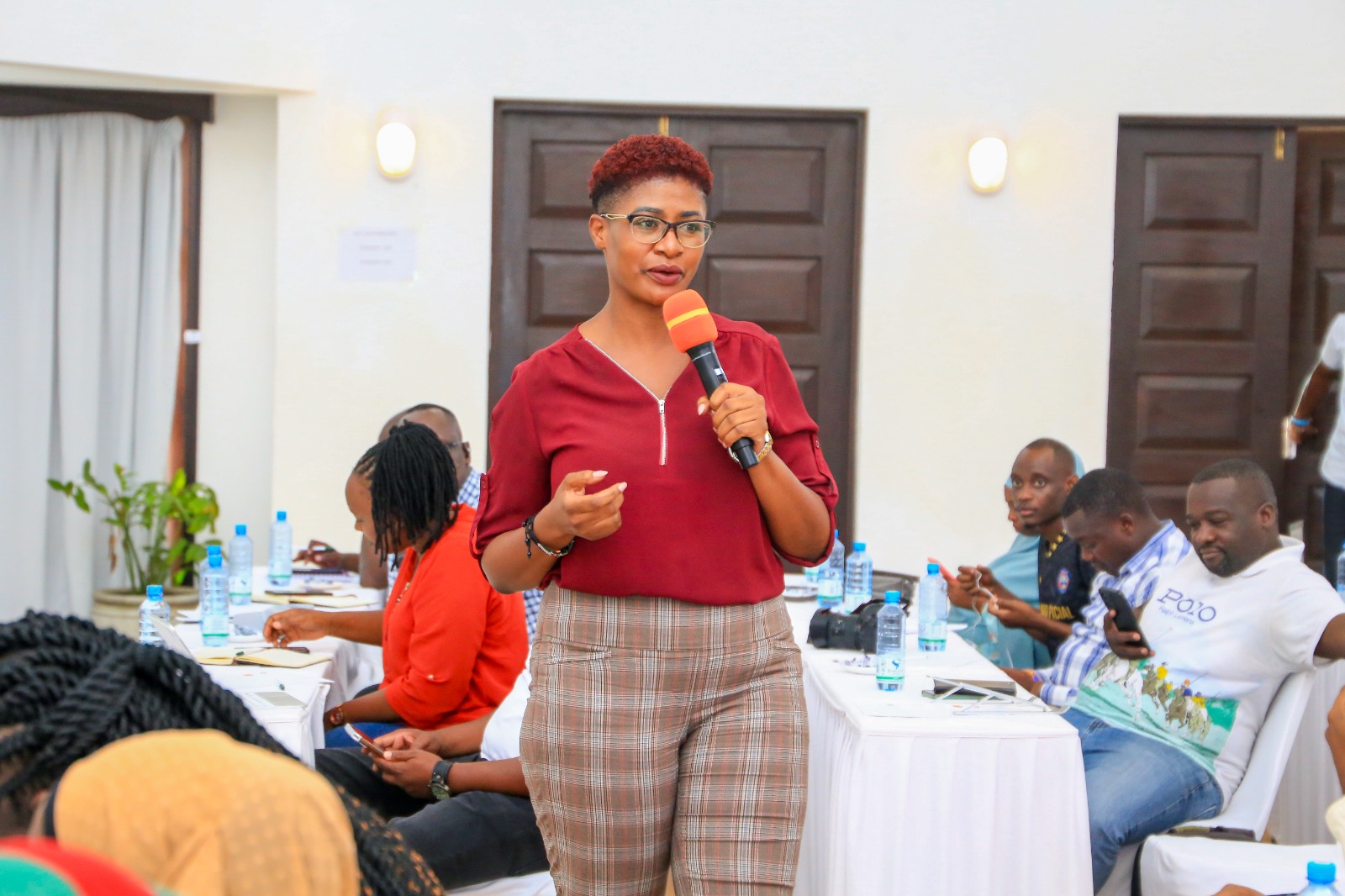
The Media Council of Kenya (MCK) has urged journalists to uphold high standards of ethics and professionalism in sports reporting, particularly when covering issues affecting women and other vulnerable athletes.
MCK Mombasa Regional Coordinator Maureen Mudi emphasised the critical role of the media in addressing abuse and power imbalances in the sports sector.
“This is not just about covering matches. It’s about standing up for dignity, safety and justice in every story we tell,” said Mudi during the Gender Protection Media Breakfast held at the Jacaranda Hotel in Kwale County.
Mudi stressed that a gender-equal and inclusive sports sector must begin in the newsroom, where narratives are shaped, and accountability takes root.
“We must tell the stories that matter and tell them right,” she added.
She said that the Council has been advocating for ethical journalism that avoids sensationalism and protects the identities of survivors, while also enhancing cross-sector collaboration between the media, sports bodies, youth departments and civil society.
“Targeted capacity-building initiatives to strengthen gender-responsive reporting and understanding of power dynamics can greatly enhance coverage,” she noted.
CEO of the Gender Protection and Implementation Secretariat Diana Watila provided vital context on the systemic risks faced by athletes, especially women and why partnerships with the media is essential to shifting public narratives.
She highlighted findings from the Gender Welfare Report, noting that the GIPS Committee gazetted in November 2024 was formed to champion gender equity and protection in the sports ecosystem.
“We’ve seen persistent patterns of harassment, abuse and exploitation in sports often perpetrated and covered up by those in positions of authority. We need the media to challenge this silence, not enable it,” she emphasised.
GIPS Board Member Professor Paul Ochieng challenged journalists to go beyond reporting and become agents of change.
“Too many reports gather dust. It’s time the media turned data into action and gave women in sports the visibility and safety they deserve,” he said
Director of Youth Affairs in Kwale County Kent Simiyu encouraged journalists to actively engage with local departments and communities.
“Let’s break barriers. Journalists should feel free to interact with youth offices and dig deeper into the real issues affecting athletes on the ground,” said Mr Simiyu.